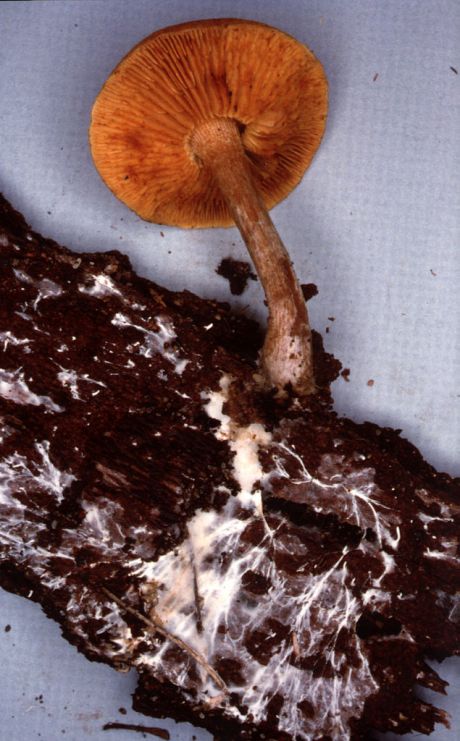Healthy, fertile soil consists of stable aggregates that prevent erosion, as well as nutrients that support ecosystems and food production. Organisms known as arbuscular mycorrhizal fungi (AMF) are important for both soil aggregation and the supply of nutrients, especially phosphorus.
The aim of the EU-funded NANOSOIL (Nanoscale processes in soils: The role of mycorrhizal fungi in aggregation and phosphorus acquisition) project was to understand the role of AMF at the nano scale. Researchers also investigated how AMF interacts with charcoal, or biochar, which is known to increase plant productivity when added to soil.
They found that the hyphae (branching filaments that grow outward) of the Rhizophagus irregularis AMF were attracted to different types of biochar under sterile as well as non-sterile conditions. Further work led researchers to hypothesise that AMF are in fact required to fully exploit biochar as a nutrient reservoir.
Their reasoning behind the hypothesis was that only hyphae, and not plant roots, can reach large parts of the biochar surface. Experiments revealed that combined use of biochar and AMF boosted plant growth to a greater extent that when used alone.
Researchers also found that the proteins produced by AMF contain high concentrations of iron. Iron is a known stabiliser of soil aggregates since it bridges mineral particles and organic matter.
These and other results suggest that better management of AMF, combined with adding charcoal to soils, could positively impact agriculture. The potential thus exists to exploit these results in charcoal-based fertilisers.

